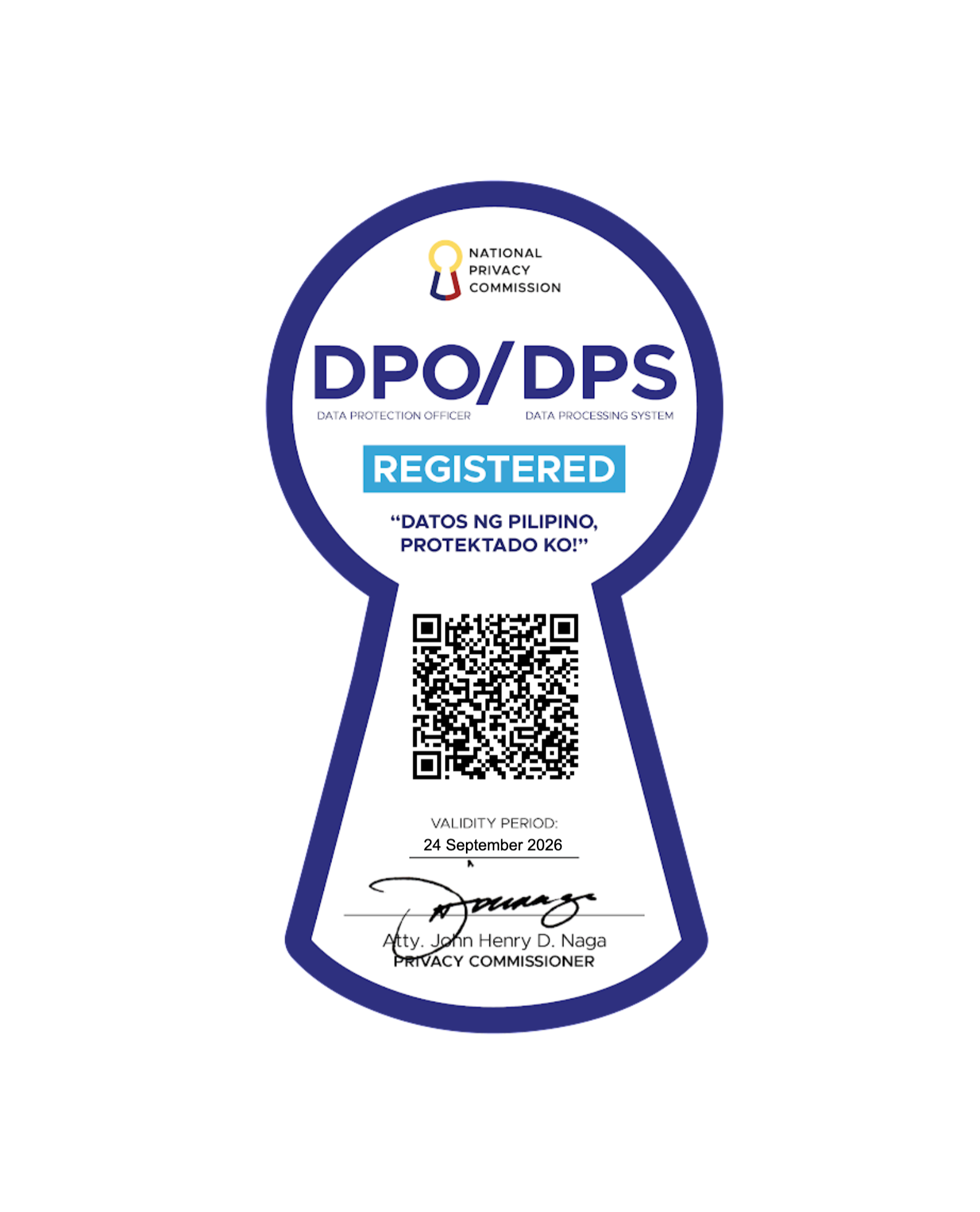In the quest to retain top talent, understanding the real reasons behind employee turnover is more crucial than ever. Our preliminary analysis of collected Betterteem employee sentiments and data from over 40,000 IT-BPM employees in the Philippines reveals notable changes in what motivates resignation. While compensation remains important, it is no longer the primary concern for most employees. Instead, factors such as flexible working arrangements, tailored benefits, and a meaningful work environment are now key drivers. These findings offer valuable guidance for executives looking to refine their retention strategies in a shifting employment landscape.
Flexibility
Flexibility has evolved beyond simply granting employees more control over their schedules and work environment. Our mid-year employee data analysis reveals a significant shift: flexibility now encompasses personalized rewards, benefits packages, and engagement styles. This expanded definition presents a considerable challenge for employers, who must now move beyond traditional one-size-fits-all approaches to create customized employee experiences. Failing to meet these evolving expectations risks increased turnover and difficulty attracting top talent, as employees actively seek organizations that cater to their individual needs and preferences across all aspects of the employment relationship.

Benefits
Employee expectations for benefits have dramatically shifted compared to a decade ago. Today's workforce, particularly younger generations, views comprehensive benefits as a crucial part of their total compensation and are readily willing to change jobs for a superior package. Enhanced transparency through platforms like Glassdoor and Comparably allows employees to easily research and compare offerings, leading to more informed decisions. Key drivers of this change include a greater emphasis on mental health support and the rise of the gig economy, fueling the demand for portable benefits that cater to a more fluid employment landscape.
Compensation
Although competitive compensation remains a consideration, it's no longer the leading cause of employee resignations. Employees now prioritize a holistic value proposition encompassing work-life balance, development opportunities, company culture, purpose, and recognition. Younger generations, in particular, often favor roles that align with their values and provide a sense of purpose, sometimes even accepting slightly lower pay for more fulfilling work. Consequently, companies that fail to offer a comprehensive package beyond salary – including meaningful work and a positive environment – are more likely to experience higher turnover, regardless of compensation levels.
Ultimately, achieving success in attracting and retaining talent depends on a deep understanding of the diverse and changing needs of employees. Betterteem AI® offers powerful tools to continuously gauge employee sentiments and track performance trends, enabling organizations to stay informed and responsive. This proactive strategy is essential for managing employee turnover, boosting productivity, and maintaining a competitive edge in today’s demanding talent market. More of our findings are in the full version of our industry mid-year report, releasing on July 29, 2025.
Keep your subscription to our newsletter mailing list to receive the copy of the our mid-year report. If you are not yet a subscriber, please subscribe here.













.png)
